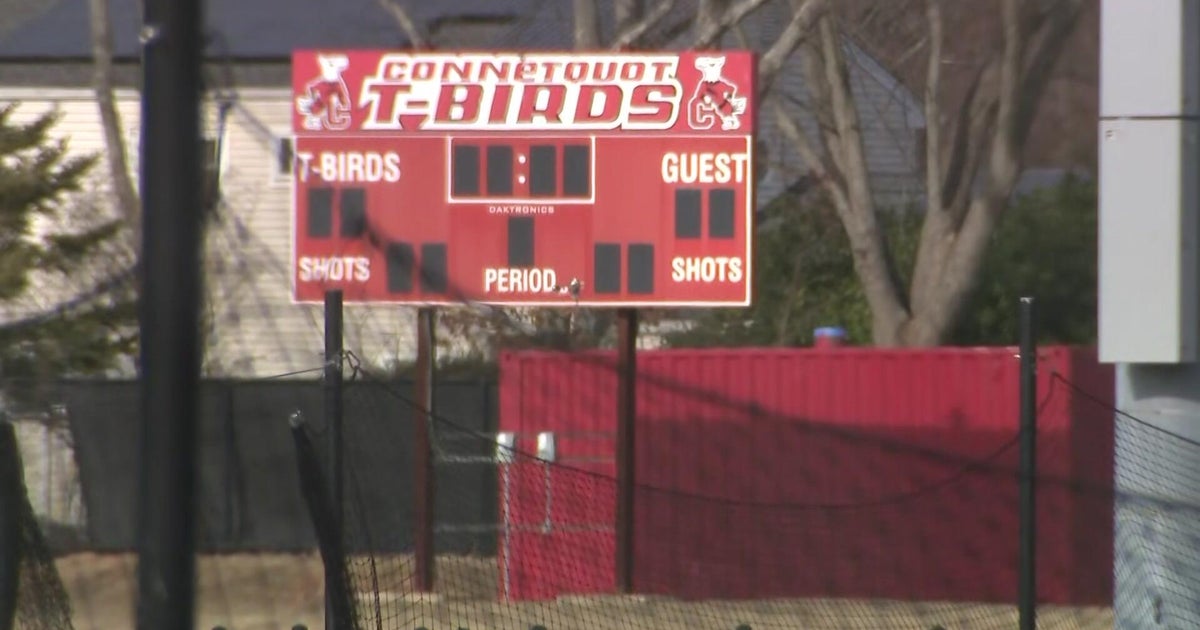Alan J. Singer Professor of Teaching, Learning and Technology Degrees PHD, 1982, Rutgers University; MA, 1974, Rutgers University; BA, 1971, CUNY City Coll Bio Alan Singer is a professor of Teaching, Learning and Technology and the director of social studies education programs. Dr. Singer is a former New York City high school social studies teacher and served as editor of Social Science Docket, a joint publication of the New York and New Jersey Councils for the Social Studies. He is the author of Teaching Climate History (Routledge, 2022), Teaching Global History (Routledge, 2nd edition, 2020), New York and Slavery: Time to Teach the Truth (SUNY Press, Excelsior Editions, 2008), Education Flashpoints, Fighting for America's Schools (Routledge 2014), Social Studies for Secondary Schools (Routledge, 4th edition, 20015), New York's Grand Emancipation Jubilee (SUNY Press, 2018) and editor of a 268-page secondary school curriculum guide, New York and Slavery: Complicity and Resistance. He is co-author with Hofstra University alumni Pablo Muriel of Supporting Civics Education with Student Activism (Routledge, 2021). In 2011, the Long Island Conference for the Social Studies awarded Dr. Singer the Mark Rothman Teacher Mentoring Award, for his commitment to students and continued excellence in education and he was the New York State Council for the Social Studies 2016 Social Studies Educator of the Year. He has twice been selected as a Hofstra University "Teacher of the Year." He received his Masters and Doctoral degrees from Rutgers University.












